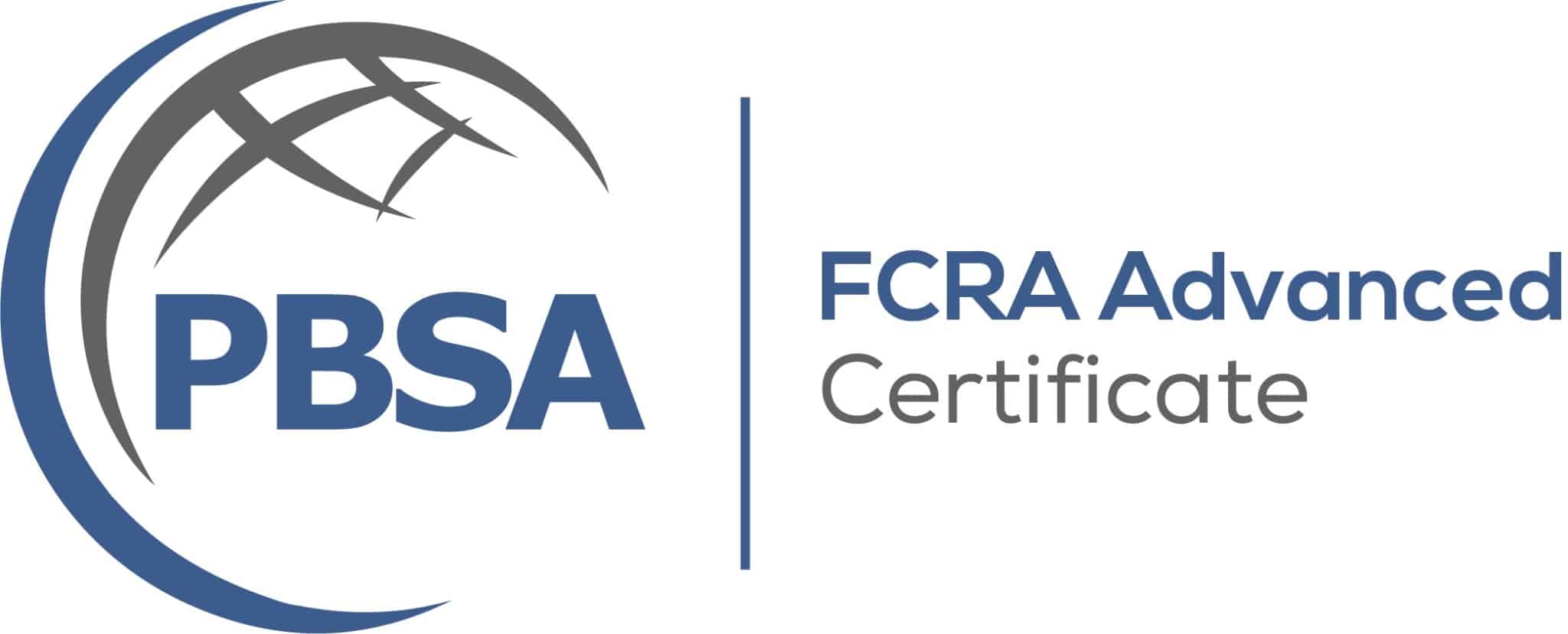
County Civil Court Search
A County Civil Court Search looks for non-criminal lawsuits filed at the county level against or by your candidate. Typical case types include breach of contract, debt collection, landlord-tenant matters, small claims, temporary restraining orders, and other disputes that can signal potential business risk.
EDIFY researchers search the civil docket in the county or counties tied to the candidate’s recent address history and return reportable matches with identifying details, case numbers, filing dates, parties, and available dispositions. County civil is different from federal civil; add a Federal District Civil Search if you need U.S. District Court coverage.
How It Works
- Scope by county jurisdiction and requested time window.
- Targeted using recent address history to focus on relevant counties.
- Clerk terminal or on-site index checks; escalate to file pulls when needed.
- Results include matched cases with case number, filing date, parties, and available status.
- Optional add-ons: document copies, federal civil, statewide indices where available.
When to Use It
- Roles with fiduciary or vendor authority (AP/AR, buyers, project managers).
- Client-facing roles handling funds or contracts.
- Contractors or 1099 vendors where civil history can flag disputes.
- Property management and staffing programs with landlord-tenant exposure.
TAT & Fees
- Typical turnaround: 2–5 business days depending on county access and file retrieval.
- Court and copy fees vary by county and are passed through at cost.
- Rush options available in many high-volume jurisdictions.
- Clear status updates if courts require manual pulls or experience delays.
Why It Matters
Civil court activity can surface patterns that criminal checks do not. Repeated breach-of-contract suits, significant judgments, or ongoing disputes may indicate business risk for positions with spending authority, contract negotiation, or customer remediation responsibilities. Used thoughtfully and consistently, county civil helps you refine risk for mid-trust and high-trust roles.
Compliance note: When a Consumer Reporting Agency provides the report, follow FCRA steps for disclosure, authorization, accuracy, and adverse action. Evaluate job-relatedness and apply policy consistently to avoid discrimination risk under Title VII and related EEOC guidance. This is general information and not legal advice.
Use-Cases
- Project Manager (Construction): flag recent lawsuits alleging contract non-performance before awarding change-order authority.
- Property Manager: review landlord-tenant case history to anticipate escalation risk when handling evictions or collections.
- Accounts Receivable Lead: assess exposure where civil judgments could affect role suitability for sensitive collections work.
County Civil Search: FAQs
Q: What kinds of cases show up?
A: Non-criminal disputes filed in county court, such as breach of contract, debt collection, landlord-tenant matters, small claims, and injunctions. Availability varies by county systems.
Q: How far back do you search?
A: Most employers choose 7 years to align with common FCRA reporting practice, but policies may vary. We can discuss scope based on role risk and state rules.
Q: Do I need consent from the candidate?
A: Yes. Provide proper disclosure and obtain written authorization before ordering reports, and follow adverse action steps if you might take action based on results.
Q: Does this include federal lawsuits?
A: No. County civil covers county courts. Add a Federal District Civil Search for U.S. District Courts.
Q: What if the record is incomplete or name-matched?
A: We confirm identifiers and can pull case documents when needed to clarify identity and relevance.
Compliance Tips
- Provide stand-alone disclosure and get written authorization before ordering reports.
- Use job-related, consistently applied criteria; consider EEOC guidance.
- Before adverse action, send the report and the Summary of Rights; allow time to respond.
- Document individualized assessments when a record may impact a specific role.
- Train hiring teams on what county civil can and cannot show to avoid misuse.
Related Services
Related Blog Posts
- How to Run a Background Check for Employment
- The Hidden Risks of Relying on Instant Background Checks
- Background Checks in 2025: What Employers Need to Know
- Companies Who Do Background Checks
- Background Check FAQs for Employers & Business Owners
- What Are the Rules for Employment Background Checks in 2025?
Authoritative Source
Learn more about background screening compliance from reputable organizations:
- FTC: Background Checks — What Employers Need to Know
- CFPB: FCRA and third-party reports in employment and the official Summary of Your Rights
- EEOC: Use of arrest and conviction records
- PBSA: Background screening resources
This page is for general education and is not legal advice. Always consult counsel on your specific policy.
Stay Updated with EDIFY Insights Newsletter
Get compliance tips, background screening updates, and HR best practices delivered straight to your inbox.





